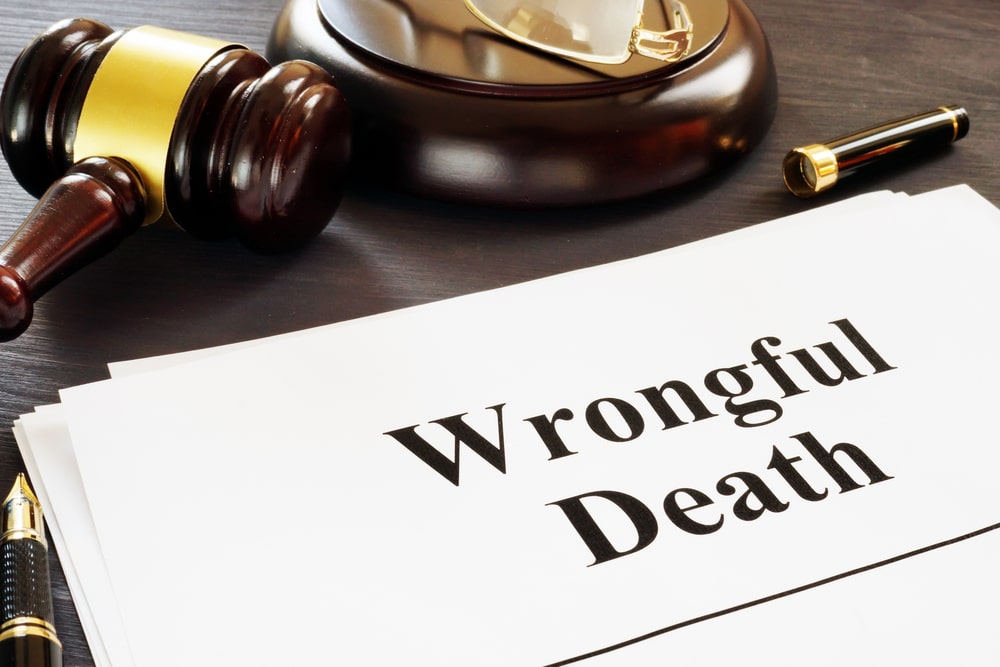It can be an overwhelming and painful experience when a loved one passes away as a result of another person’s negligence. Pursuing a wrongful death claim can provide some measure of justice and compensation for the surviving family members. However, a wrongful death lawyer will share that proving negligence in wrongful death claims requires a clear understanding of legal principles and careful attention to detail.
The Basics Of Negligence
Negligence is the foundation of many wrongful death claims. To establish negligence, one must prove four key elements: duty of care, breach of duty, causation, and damages. These elements form the backbone of the legal argument in a wrongful death case.
Establishing A Duty Of Care
The first step in proving negligence is demonstrating that the defendant owed a duty of care to the deceased. A duty of care means that the defendant had a legal obligation to act in a certain way to prevent harm to others. This duty can arise in various situations, such as a driver’s responsibility to follow traffic laws or a doctor’s duty to provide competent medical care.
Proving A Breach Of Duty
Once a duty of care is established, the next step is to show that the defendant breached this duty. A breach of duty occurs when the defendant fails to act as a reasonably prudent person would under similar circumstances. This could involve actions such as reckless driving, failing to maintain safe premises, or providing substandard medical treatment. Evidence such as witness testimony, expert opinions, and documentation can be crucial in proving a breach of duty.
Demonstrating Causation
Causation is a critical component in wrongful death claims. It involves showing that the defendant’s breach of duty directly caused the death of the loved one. There are two types of causation to prove: actual cause and proximate cause. Actual cause, also known as cause-in-fact, means that the death would not have occurred “but for” the defendant’s actions. Proximate cause involves demonstrating that the death was a foreseeable result of the defendant’s breach of duty. This step often requires substantial evidence and a clear, logical connection between the breach and the death.
Establishing Damages
The final element in proving negligence is establishing that the plaintiff suffered damages as a result of the death. In wrongful death cases, damages can include medical expenses, funeral costs, loss of income, loss of companionship, and emotional distress. These damages are intended to compensate the surviving family members for their losses and provide financial support in the wake of the tragedy.
Gathering And Presenting Evidence
Evidence plays a pivotal role in proving negligence in wrongful death claims. Key pieces of evidence can include medical records, accident reports, photographs, video footage, and eyewitness statements. Expert witnesses, such as medical professionals or accident reconstruction specialists, can provide valuable insights and bolster the case. Attorneys can attest to the importance of meticulous evidence collection and presentation in these cases.
Guidance From A Legal Professional
Engaging a lawyer is often essential in navigating the complexities of proving negligence. A skilled lawyer can help gather and analyze evidence, identify liable parties, and construct a compelling case on behalf of the surviving family members. They can also handle negotiations with insurance companies and represent the family in court if necessary.
Pursuing Justice Through Proving Negligence
Thorough understanding of legal principles and a methodical approach to evidence gathering is key when proving negligence in a wrongful death claim. Establishing duty of care, breach of duty, causation, and damages are critical steps in building a strong case. By working with experienced attorneys, surviving family members can pursue justice and obtain the compensation they deserve. Attorneys like those at the Law Office of Daniel E. Stuart, P.A. can provide the necessary support and guidance during this challenging time, ensuring that the legal process is handled with care and professionalism.


